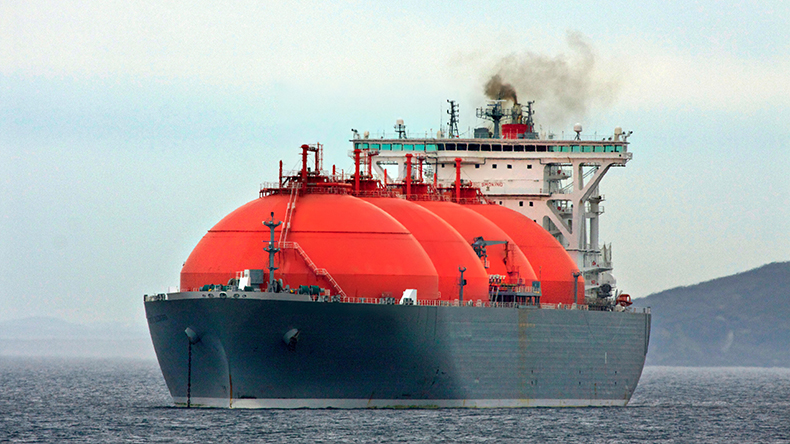The Shipping Industry in Nigeria: Challenges, Opportunities, and How Wigmore Trading Can Help
The shipping industry is a vital component of Nigeria’s economy, facilitating trade and connecting the country to global markets. With its strategic location on the Gulf of Guinea, Nigeria is a hub for maritime trade in West Africa. However, the industry faces significant challenges, from port congestion to regulatory hurdles, which impact its efficiency and growth.
In this article, we’ll explore the current state of Nigeria’s shipping industry, its opportunities, challenges, and how Wigmore Trading provides solutions to enhance your shipping experience.
Overview of the Shipping Industry in Nigeria
Significance of the Industry
- Trade Backbone: Approximately 90% of Nigeria’s international trade is conducted via maritime routes.
- Oil and Gas Dominance: As Africa’s largest oil producer, Nigeria’s shipping industry plays a key role in exporting crude oil and importing petroleum products.
- Economic Impact: The industry generates significant revenue and creates jobs across related sectors, including logistics, customs, and shipbuilding.
Key Ports in Nigeria
- Apapa Port (Lagos): Nigeria’s busiest port, handling a significant share of the country’s imports and exports.
- Tin Can Island Port: Known for its container handling capabilities.
- Onne Port (Rivers State): A major port for oil and gas shipments.
- Calabar and Warri Ports: Regional ports serving specific markets and industries.
Challenges Facing the Shipping Industry in Nigeria
1. Port Congestion
The high volume of cargo at Nigerian ports, especially in Lagos, often exceeds infrastructure capacity, leading to delays and increased shipping costs.
2. Inadequate Infrastructure
Aging equipment, poor road networks, and limited storage facilities hinder the smooth movement of goods.
3. Customs Delays
Bureaucratic bottlenecks and lengthy customs clearance processes slow down cargo handling.
4. High Costs
Shipping to and from Nigeria is expensive due to demurrage charges, high terminal fees, and unofficial levies.
5. Regulatory Complexity
Navigating Nigeria’s trade regulations and import/export policies can be challenging for businesses unfamiliar with the system.
6. Piracy and Security Concerns
The Gulf of Guinea has historically been a hotspot for maritime piracy, impacting the safety of vessels in Nigerian waters.
Opportunities in the Nigerian Shipping Industry
1. Growing Demand for Trade
Nigeria’s population of over 200 million and expanding middle class create increasing demand for imported goods and industrial raw materials.
2. Diversification of the Economy
As Nigeria moves to diversify its economy beyond oil, sectors like agriculture, manufacturing, and e-commerce are boosting shipping activity.
3. Infrastructure Investments
Ongoing projects, such as the Lekki Deep Sea Port and expansion of other port facilities, aim to enhance capacity and efficiency.
4. Regional Trade Agreements
Nigeria’s participation in the African Continental Free Trade Area (AfCFTA) is expected to drive intra-African trade and boost shipping volumes.
How Wigmore Trading Enhances Shipping in Nigeria
At Wigmore Trading, we understand the complexities of Nigeria’s shipping industry. Our expertise and tailored solutions help businesses overcome challenges and seize opportunities. Here’s how we can assist:
1. Efficient Port Operations
We ensure timely processing and movement of goods to minimize delays and costs.
2. Customs Clearance Expertise
Our team navigates Nigeria’s regulatory landscape, handling documentation and compliance to expedite clearance.
3. Reliable Freight Solutions
From full container load (FCL) to less-than-container load (LCL) shipments, we provide flexible and cost-effective options.
4. End-to-End Logistics
We offer comprehensive services, including warehousing, transportation, and cargo tracking, for a seamless supply chain.
5. Industry Insights
Our local expertise and global reach keep you informed about market trends, helping you make strategic decisions.
Future Outlook for the Nigerian Shipping Industry
With ongoing investments in infrastructure, technology, and regulatory reforms, the future of Nigeria’s shipping industry looks promising. Key developments to watch include:
- Technological Innovations: Digitization of port operations to improve efficiency.
- Expansion of Trade Routes: Increased regional and international connectivity through new trade agreements.
- Private Sector Involvement: Greater participation in infrastructure development and port management.
Conclusion
The shipping industry in Nigeria is both dynamic and challenging, playing a critical role in the country’s economic growth. While the sector faces hurdles like port congestion and regulatory complexities, opportunities for growth abound, driven by rising trade volumes and infrastructure development.
Wigmore Trading is committed to supporting businesses in navigating Nigeria’s shipping landscape with expert logistics and tailored solutions. Contact us today to learn how we can streamline your shipping operations and help you thrive in this vital sector.








Comments are closed.